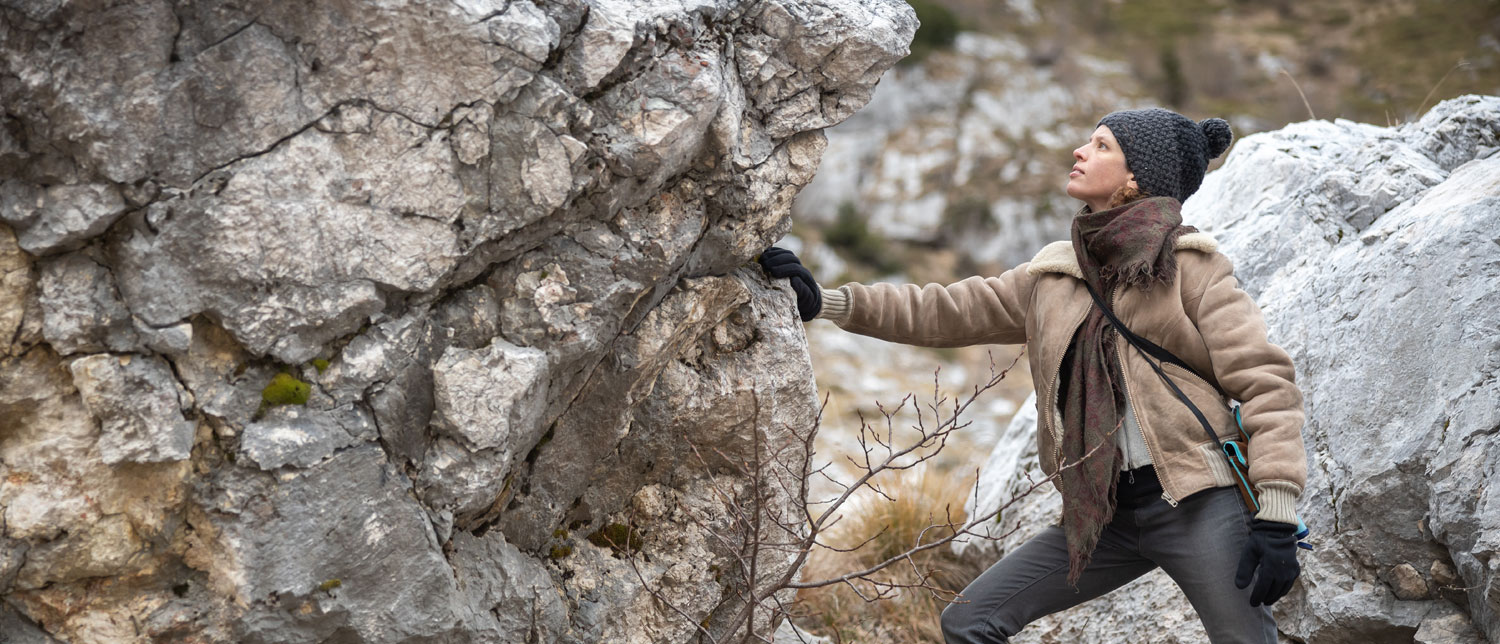While the study of rocks, minerals, fossils and crustal processes like volcanoes and earthquakes plays an important role in Geology courses, geologists today lead the way in helping nations and societies deal with the impact of climate change and finding solutions to issues related to environmental damage, water supply, mineral resources, changes in ocean conditions and land use. This degree program prepares students to study exciting subject areas such as global change, natural disasters like volcanoes and earthquakes, the structure of the Earth and paleontology. Coursework includes opportunities to learn about the processes that shape the Earth and how those processes have changed over time, often through working with peers in the field and laboratory, general chemistry and physics, and college-level math.

AS-T Degree S0670
Natural Sciences Division
Degree S0670
Mt. San Antonio College Associate in Science in Geology for Transfer degree includes such topics as mineral and rock identification, earthquakes, plate tectonics, history of geological and evolutionary change, volcanism, climate change and geomorphology. The Associate in Science in Geology prepares students with the foundational knowledge necessary to pursue post-secondary degrees in geology and careers with a variety of specializations in the geosciences. The Associate in Science in Geology is designed to assist students in seamlessly transferring to a CSU major in Geology.
To earn an Associate in Science in Geology for Transfer, a student must complete a minimum of 60 semester units that are eligible for transfer to the CSU system that consist of the IGETC pattern or CSU GE breadth and a major of at least 18 units more. Students must have a minimum GPA of 2.0 in all CSU-transferable coursework to receive an associate degree for transfer and all courses in the major must be completed with a C or better. Students earning an associate degree for transfer will not be required to complete any other local graduation requirements.


